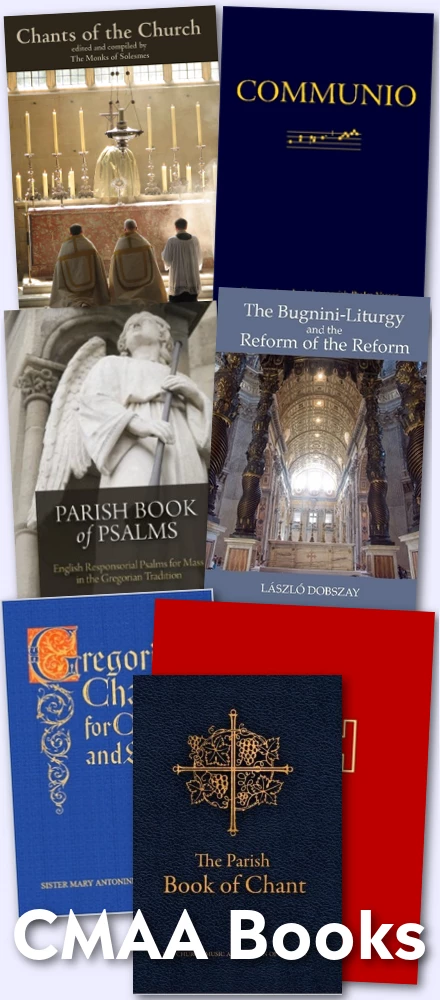The doyen of the Italian vaticanistas, Sandro Magister, has a great article on Pope Benedict's teaching on the Sacred Liturgy during his Apostolic Visit to France last weekend. Magister adroitly puts into perspective the Holy Father's remarks (his first public ones) on his Motu Proprio Summorum Pontificum:
The reciprocal "enrichment" between the two rites is the main objective that impelled Benedict XVI to promulgate, in 2007, the motu proprio "Summorum Pontificum," which liberalized the use of the ancient rite of the Mass, according to the Roman missal of 1962.
The opponents of the motu proprio maintain, instead, that the use of the ancient rite does not enrich, but rather cancels out the achievements of Vatican Council II as a whole. The French bishops have been among those most critical of the pope's initiative, before and after the promulgation of the motu proprio.
On Sunday, September 14, meeting the bishops of France in Lourdes, Pope Joseph Ratzinger did not fail to urge them to be pastors welcoming of all, including the faithful who feel themselves most "at home" with the ancient rite.
The pope had anticipated these ideas about the two rites of the Mass in responding to journalists during his flight to France, on Friday, September 12.
But he also has extensive excerpts of the Pontiff's various homilies and allocutions on the emergence of great Western music, the liturgy of the hours, the real presence of Jesus in the Eucharist and the prayer of the Angelus Domini. Do have a look at the entire piece.




















